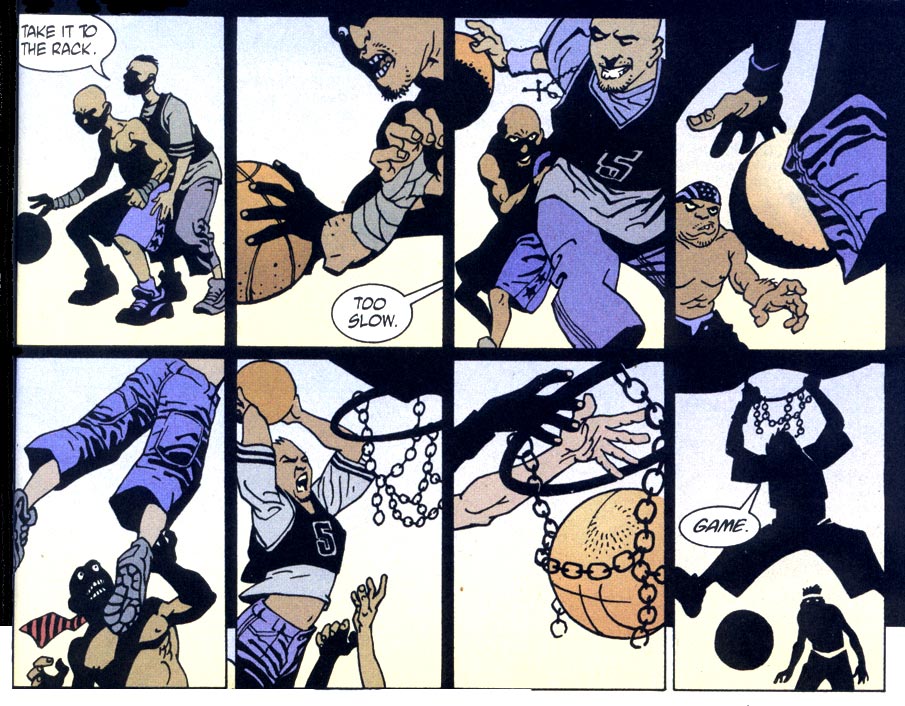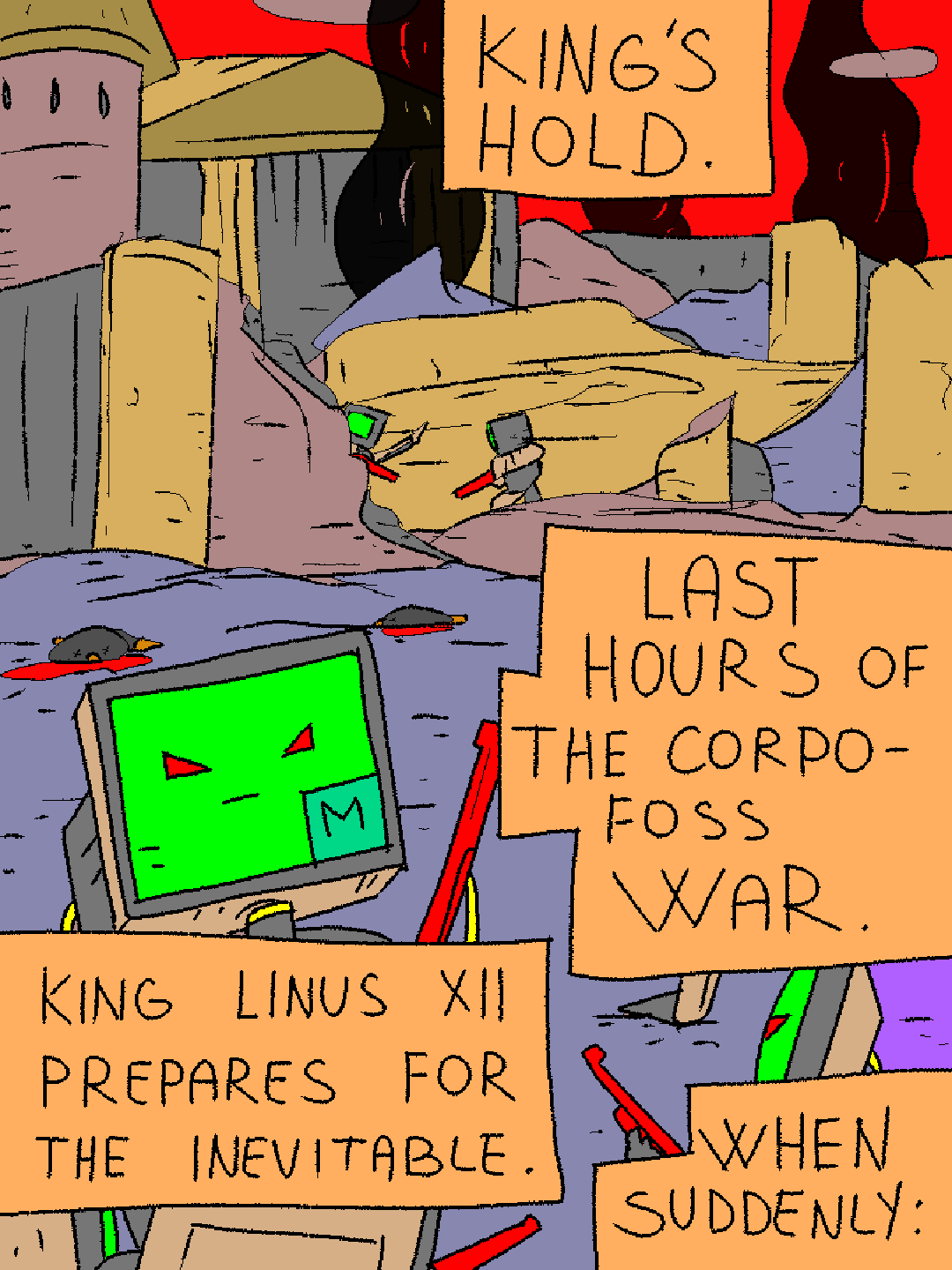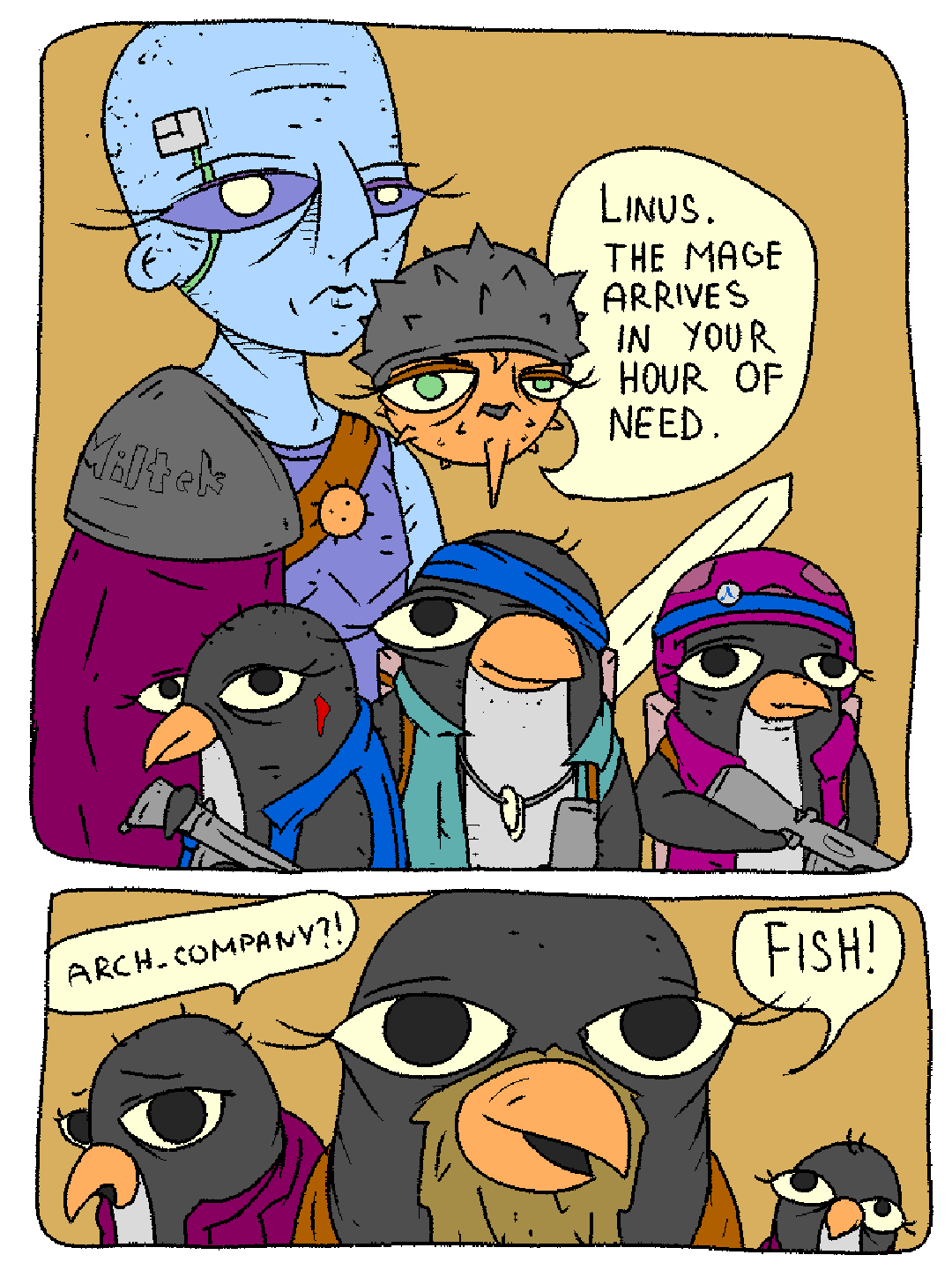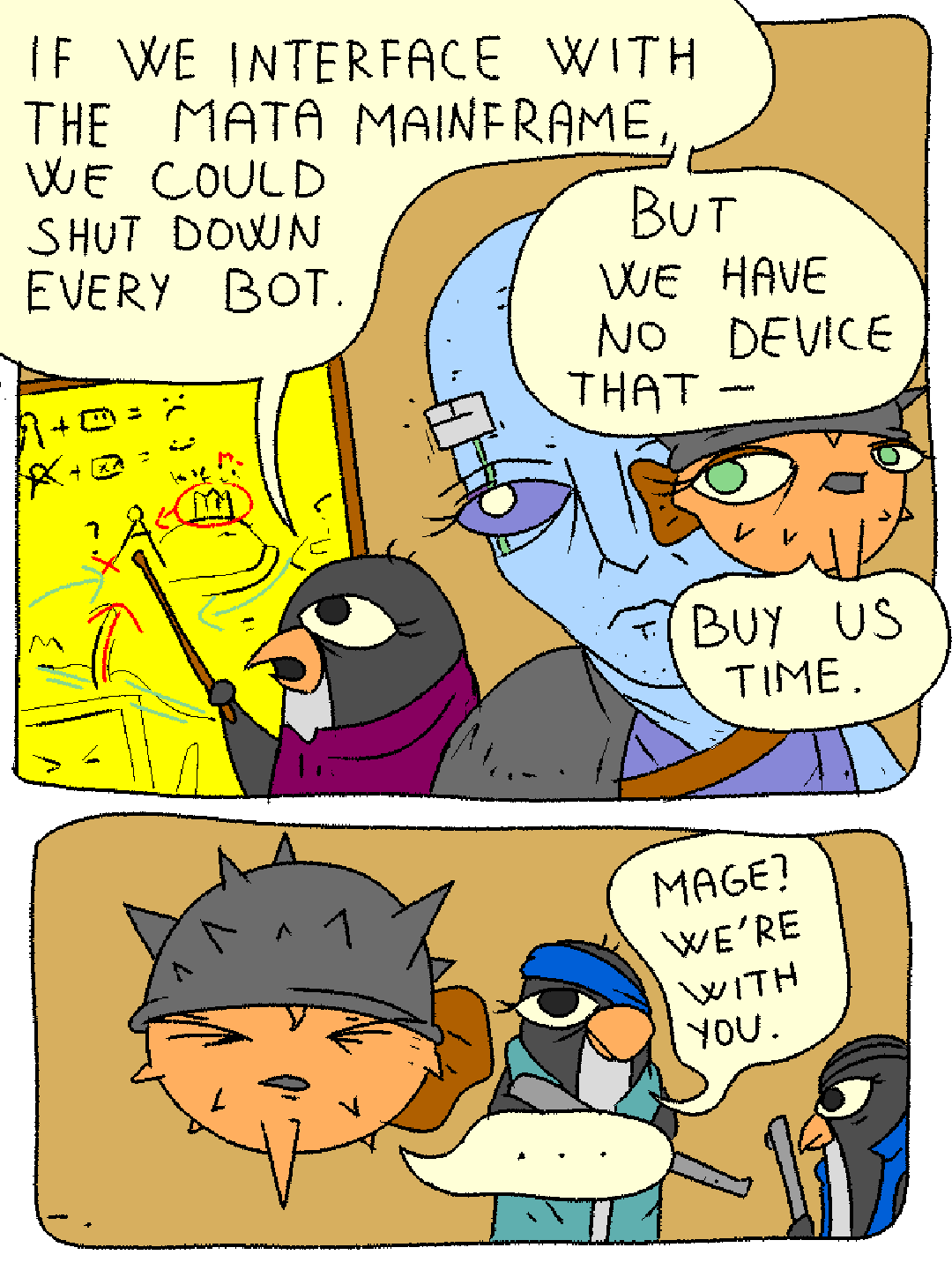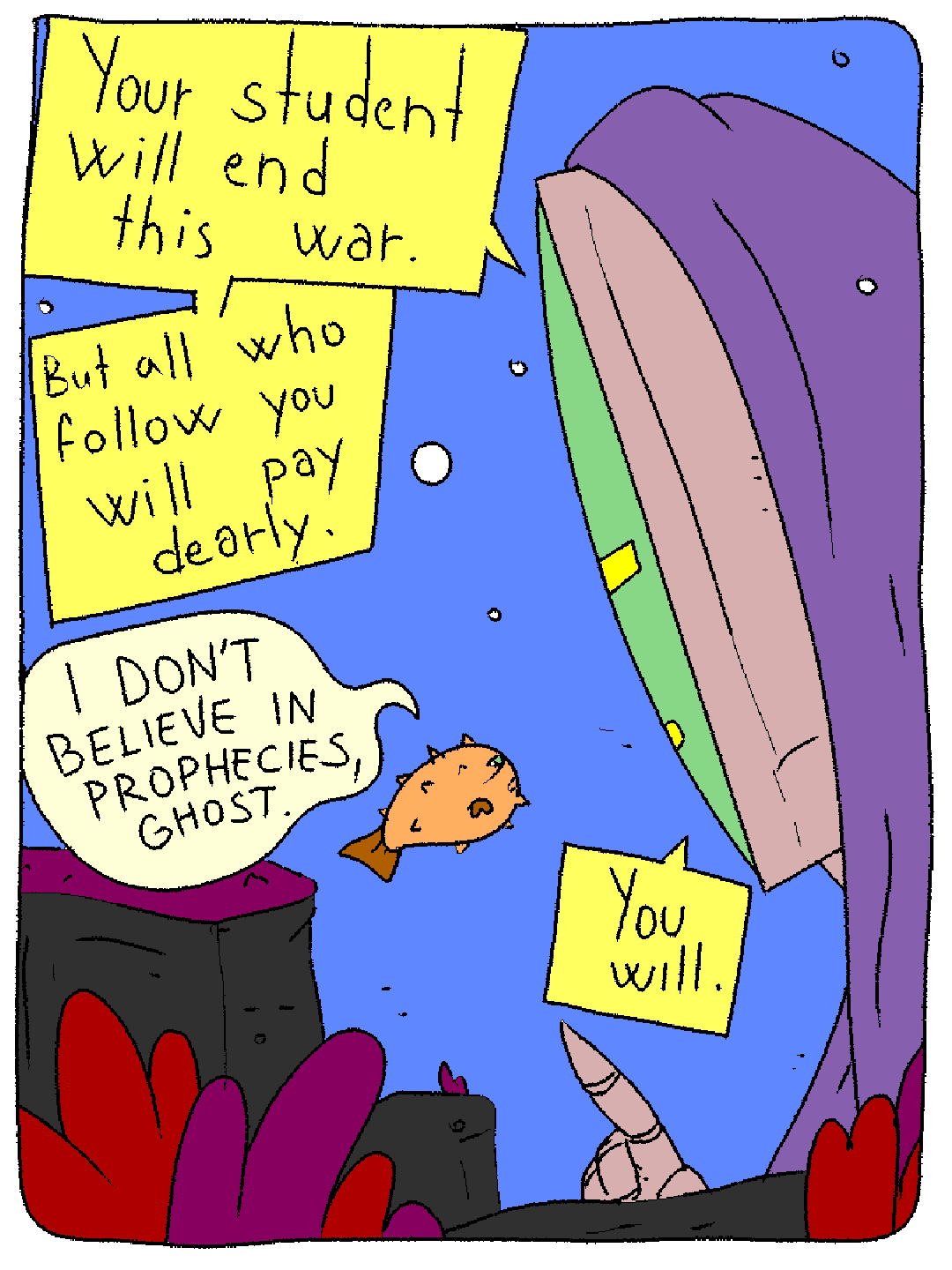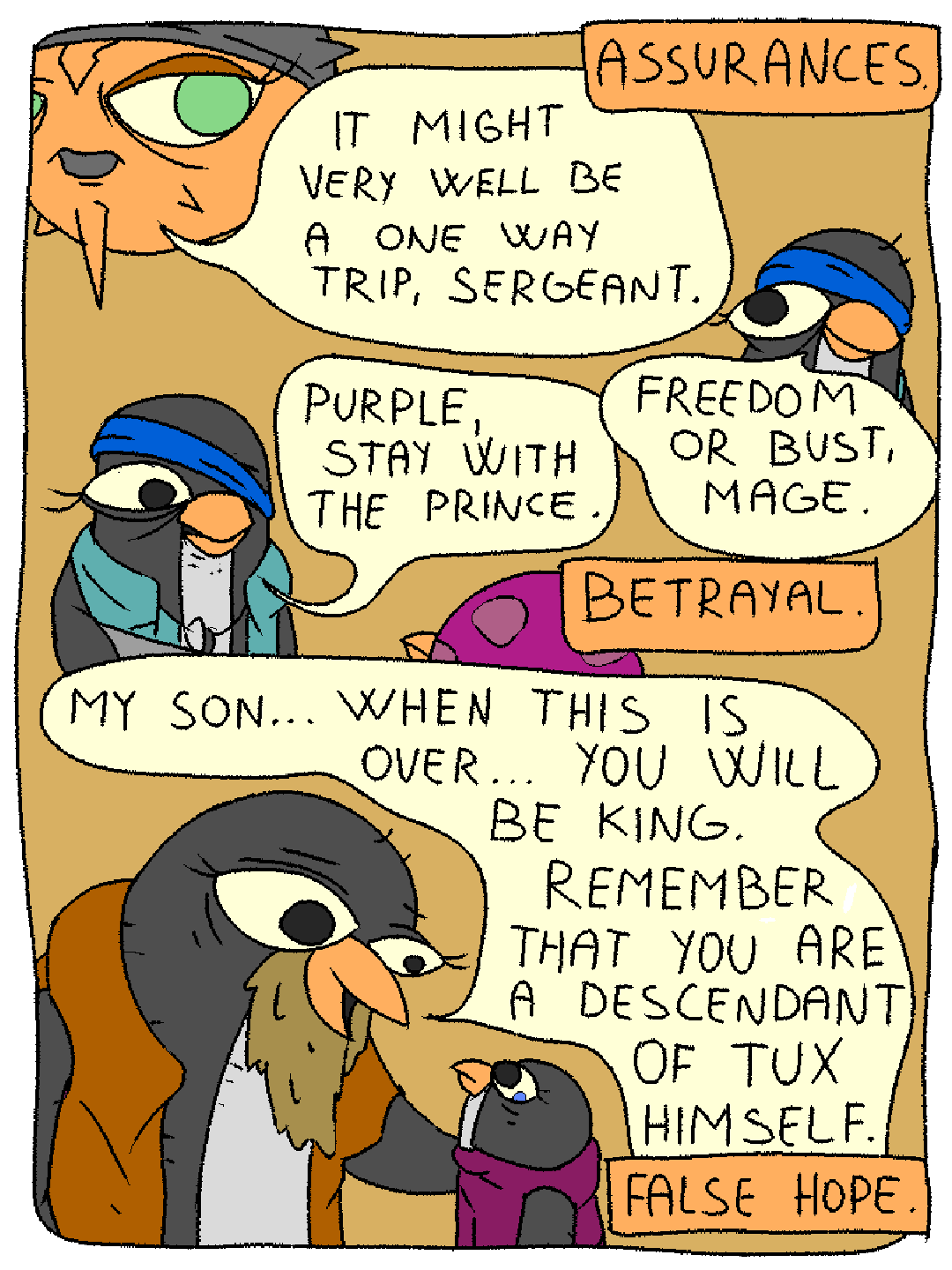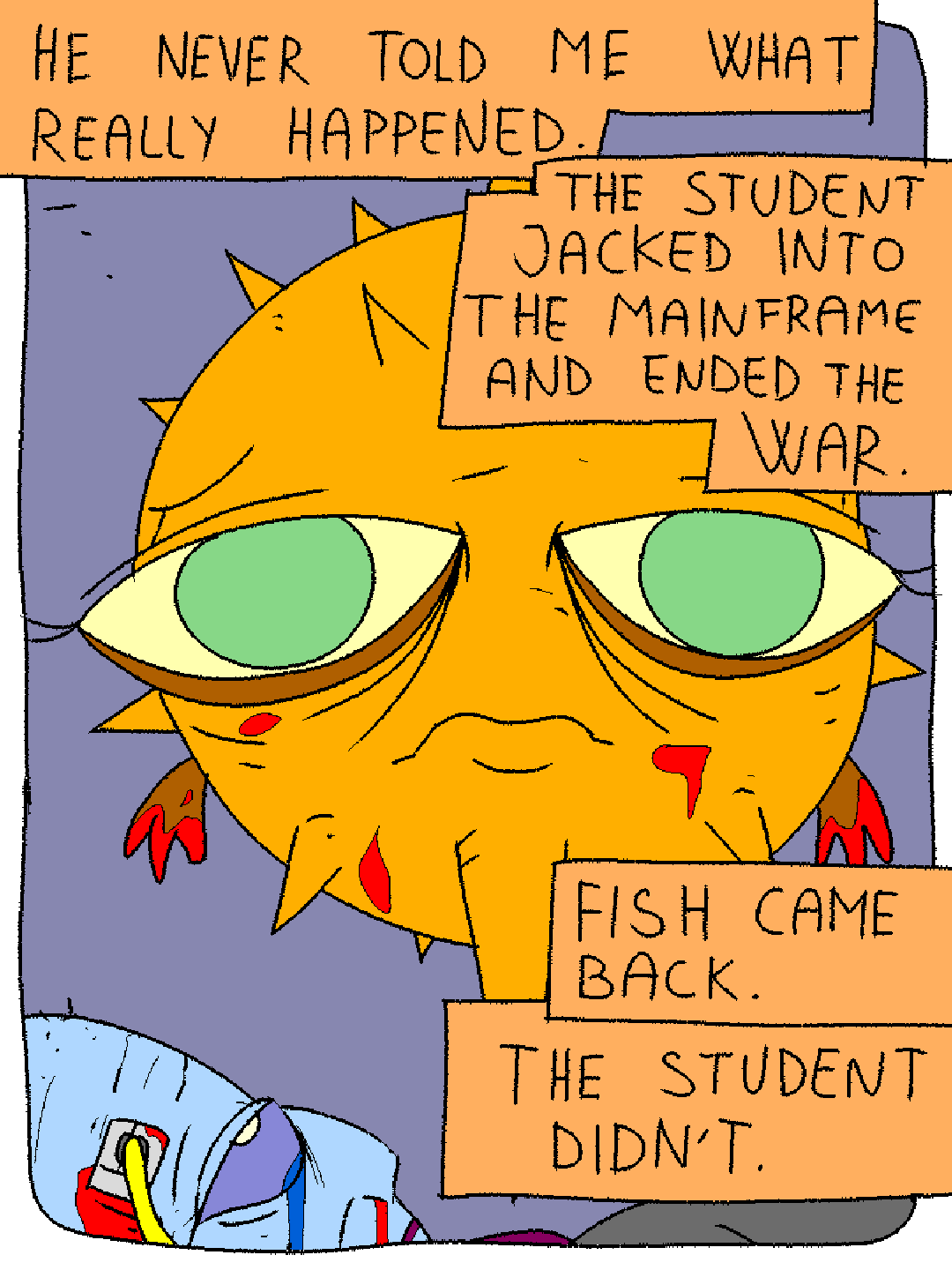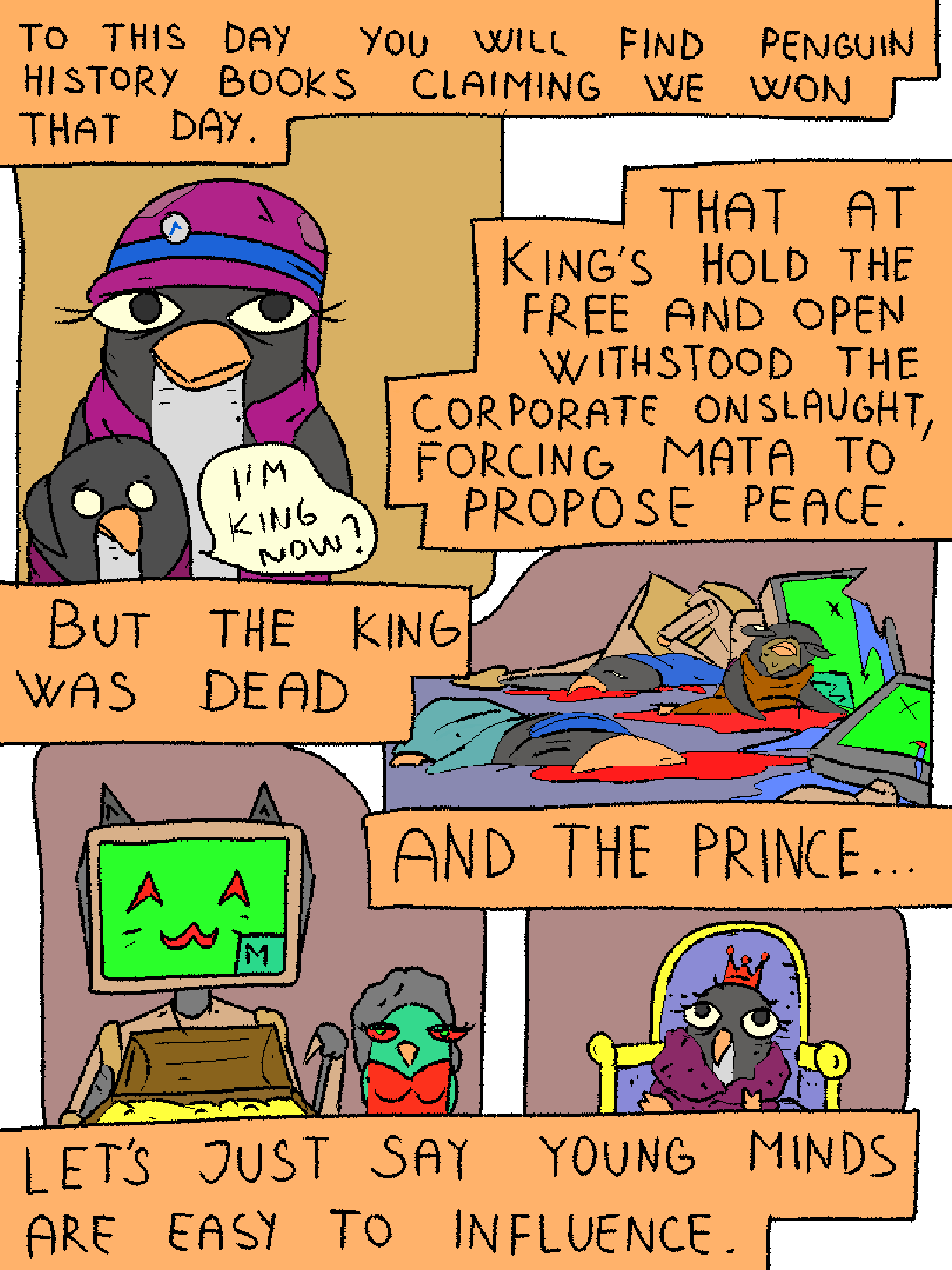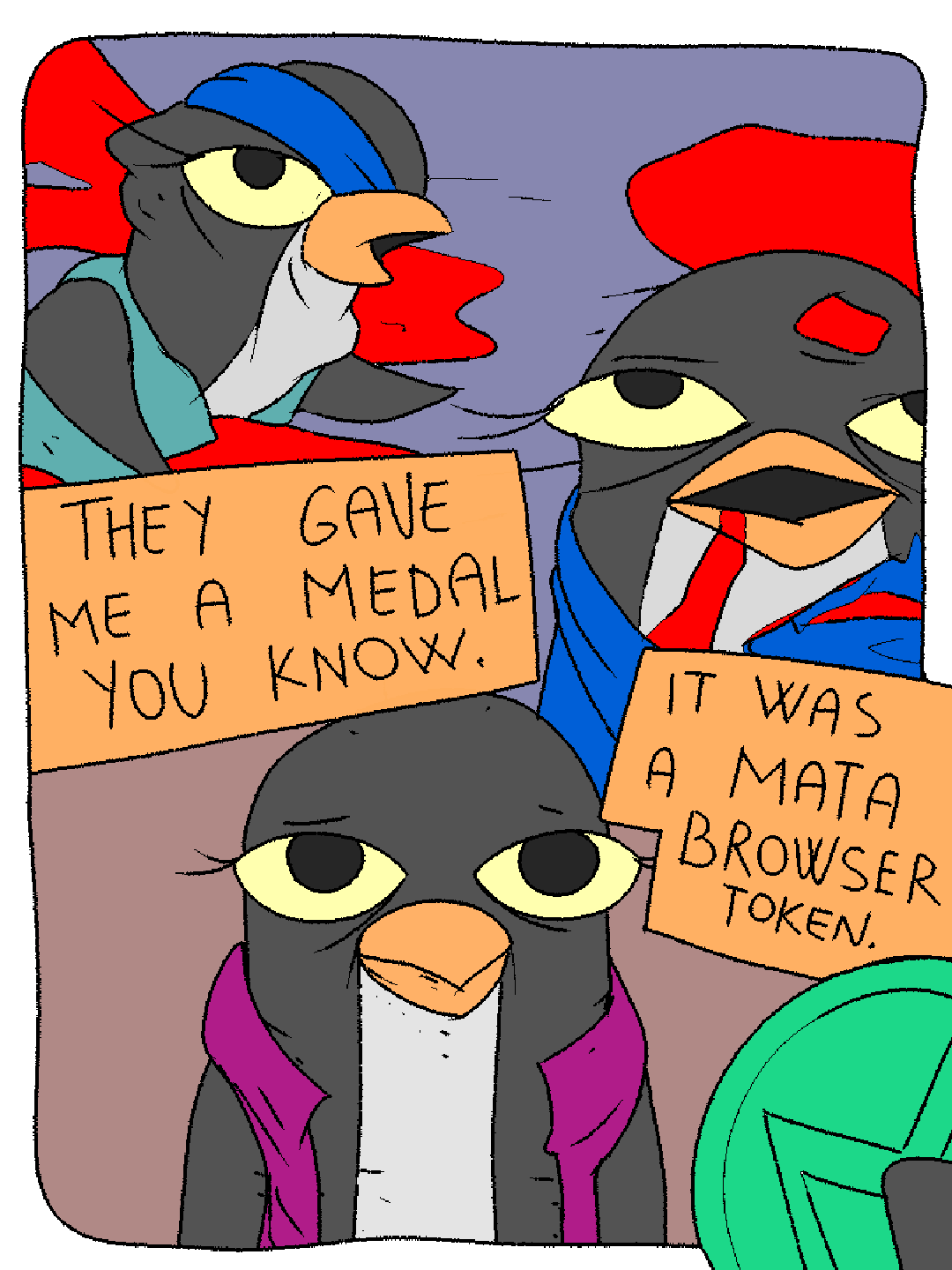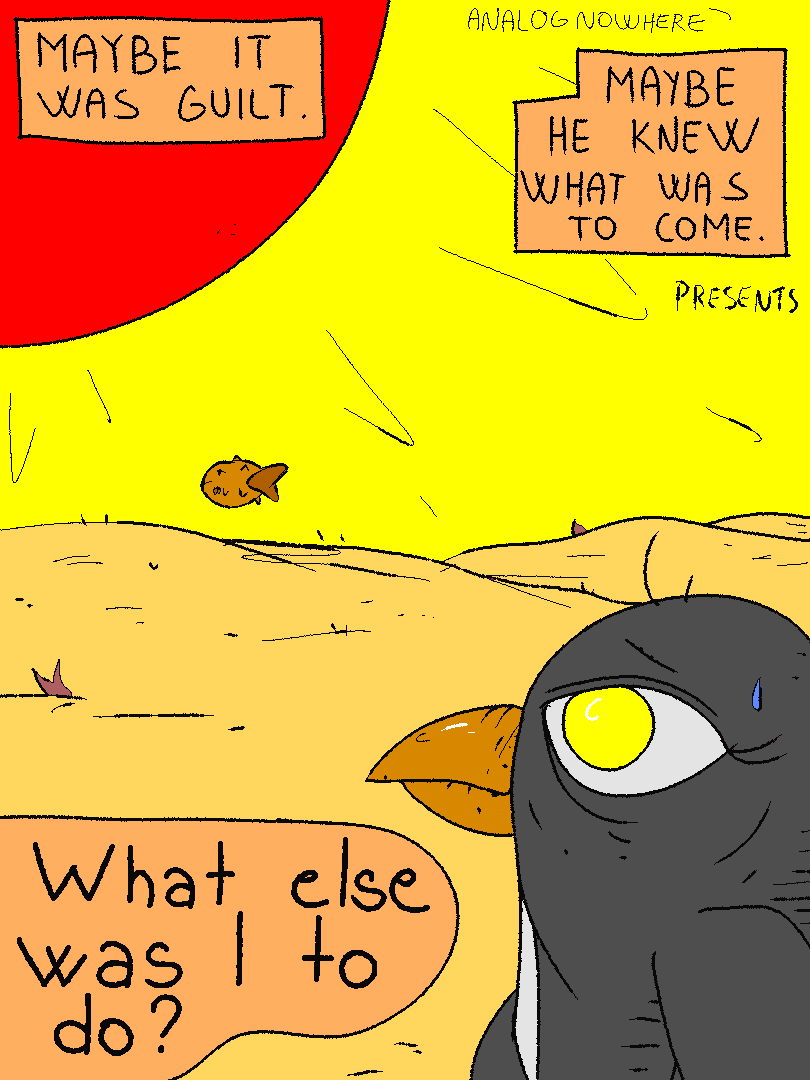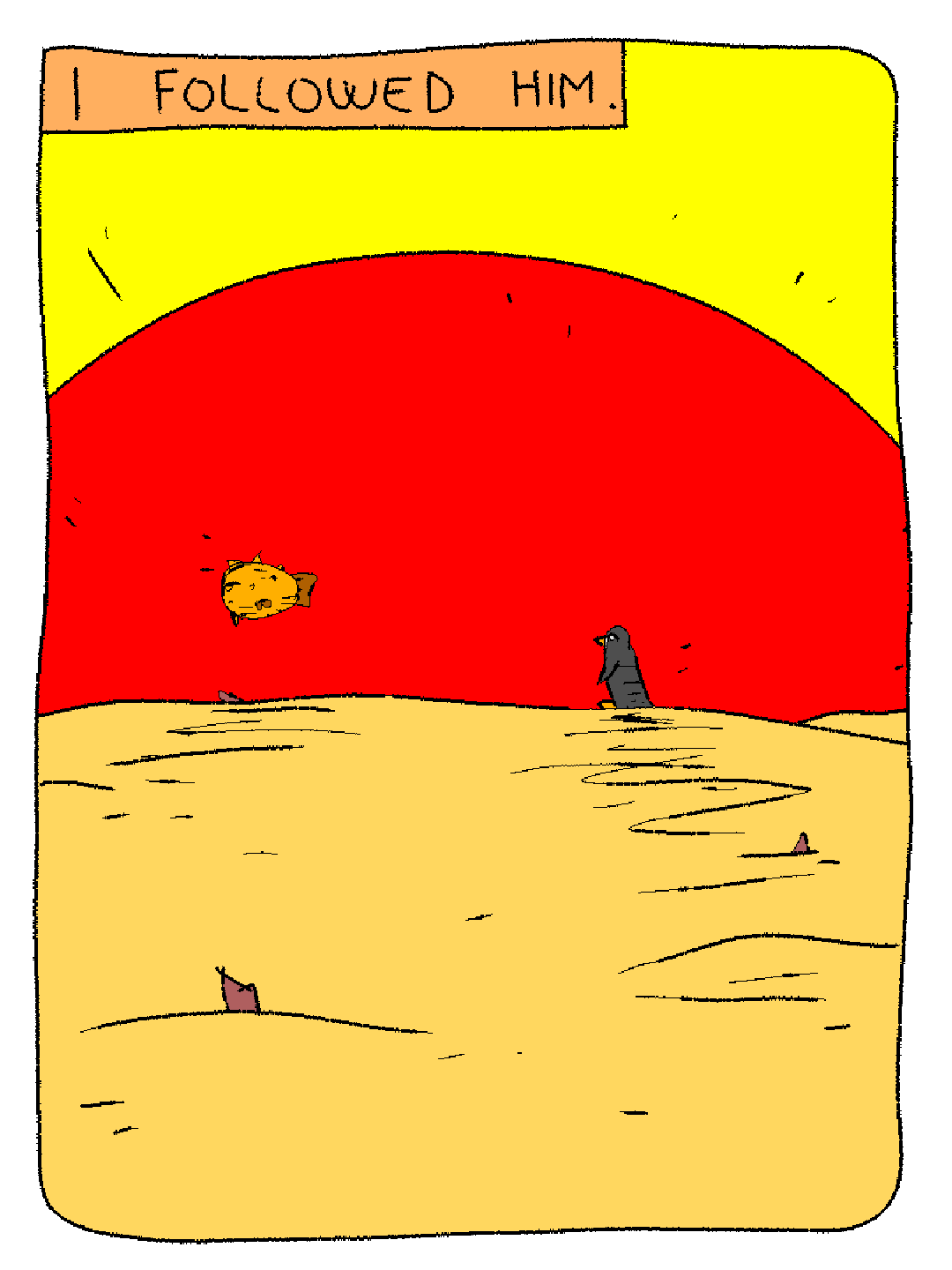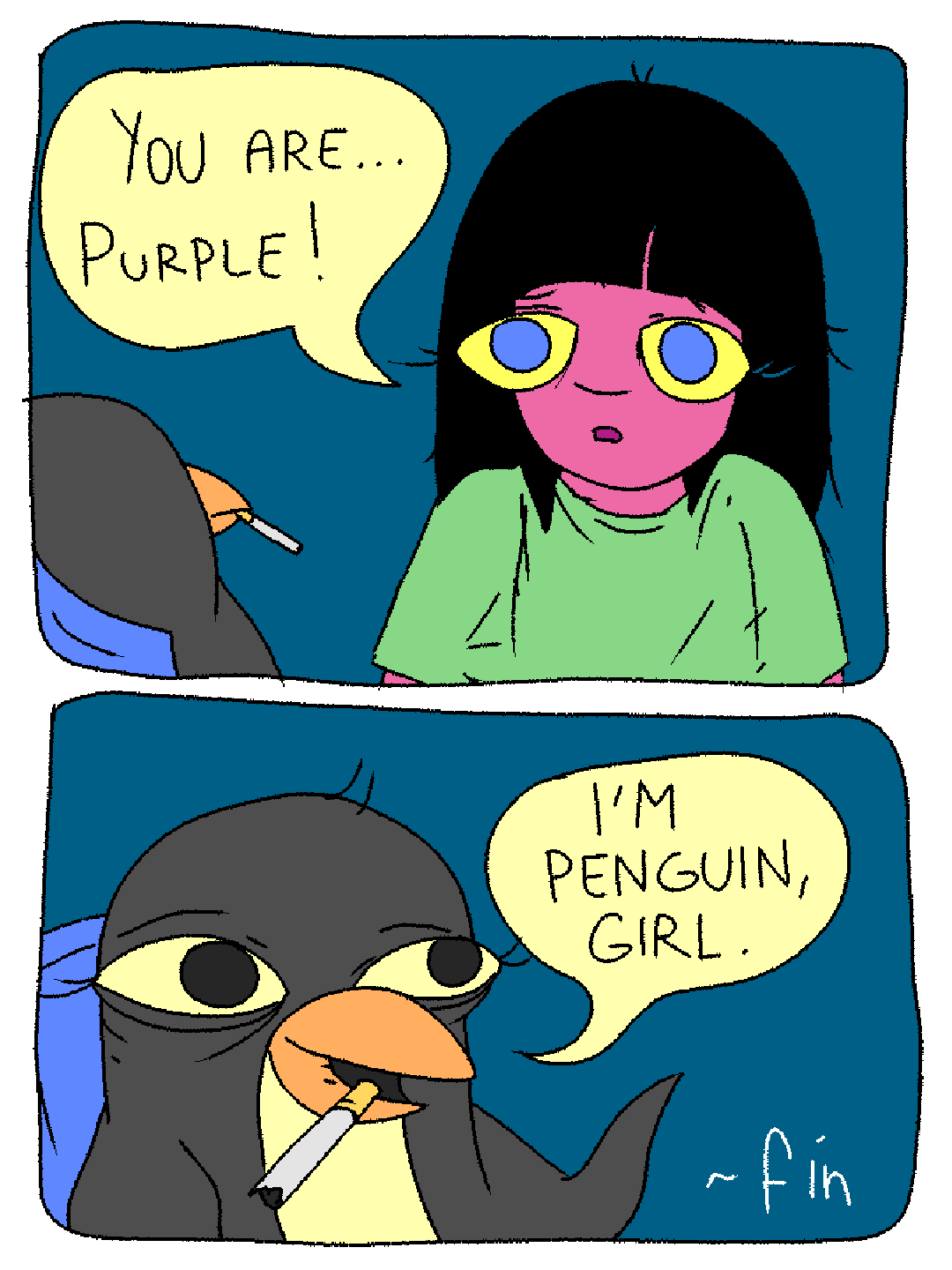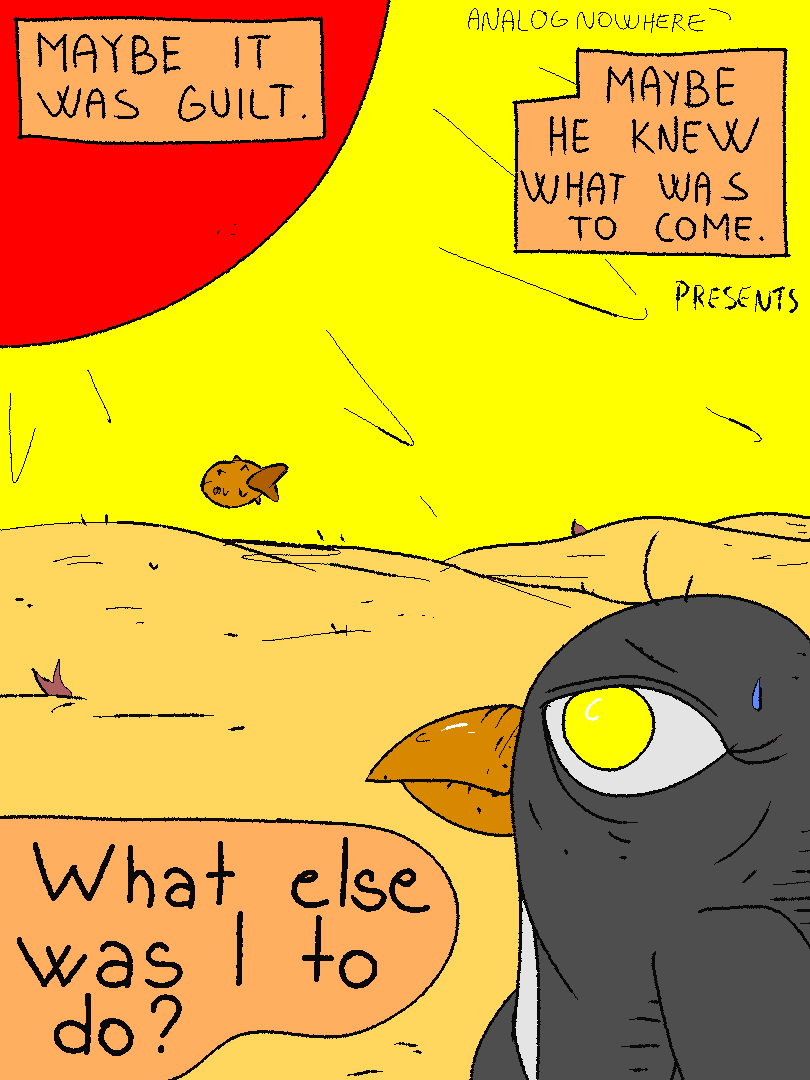European Graphic Novels+
“BD” refers to Franco-Belgian comics, but let's open things up to include ALL Euro comics and GN's. Euro-style work from around the world is also welcome!
* BD = "Bandes dessinées"
* BDT = Bedetheque
* GN = graphic novel
* LBK = Lambiek
* LC = "Ligne claire"
Please DO: 1) follow good 'netiquette' and 2) the four simple rules of lemm.ee (this instance) when posting and commenting. As for extracts, they're fine, but don't link to pirated downloads.
MODERATION: If you happen to make a mistake upon the above, then please don't worry about it. We'll likely just laugh it off and let you know. OTOH, obvious bad-faith and hostile efforts will not be tolerated here.
For posting tips, including how to handle NSFW and personal content, see the FAQ below.
The designated language here is English, with a traditional bias towards French. When posting foreign-language content, please DO include helpful context for English-speakers.
---> Here's the community F.A.Q, and our resource page <---
RELATED COMMUNITIES:
- #bandes dessinées
- r/bandedessinee
- BritComics@feddit.uk
- Comics on Lemmy
- GN's on Lemmy
- Heathcliff (w/o HC)
- r/noDCnoMarvel
- Moebius_Art
- Moomin Valley
SEARCHES:
# #Tintin #Asterix #LuckyLuke #Spirou #Gaston #CortoMaltese #Thorgal #Sillage(Wake) #Smurfs #Trondheim #Moebius #Jodorowsky
























